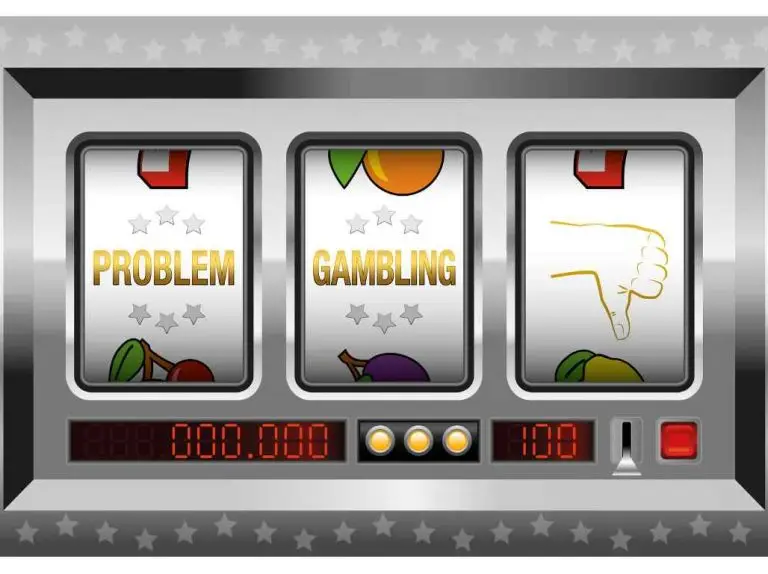Gambling And Addiction: When You Can’t Stop
Gambling and addiction are linked because of the pleasure factor. Anything can become an addiction, but some addictions are more destructive than others. Gambling has received increased attention for the past several decades as gambling has become more accessible around the world, particularly through mobile gambling opportunities. Research also indicates that those with gambling disorders have a high rate of co-occurring mental health or substance abuse disorders, all of which require proper treatment at the same time.
Gambling And Addiction Are Linked In Many Ways
When most people think of gambling, they picture someone in a suit or on vacation at a casino, and when they think of gambling addiction, they think of that same person distressed, having lost all their money and searching for a way to get back home. But most people don’t think about quasi-gambling activities like investing in the stock market, buying lottery tickets, or betting on sports, and yet all of these fall under the category of gambling activities.
Gambling becomes a problem when it’s outside of your control, when it starts to impact your daily function, and it’s something that you can’t quit or reduce even though you try.
Studies indicate that upwards of five percent of adults around the world struggle with gambling disorders, and some of the best treatment involves support groups, family therapy, and dual diagnosis programs to treat both substance abuse and gambling.
Gambling And Addiction: Genetic Predisposition
People with addictive personalities, genetic predispositions to addiction, or a history of addictive behaviors might find that something as simple as going to a casino with full intentions of not spending more than $50 end up spending all the money in their pocket, withdrawing money from the atm, or even using their credit card to keep playing again and again despite the losses and the risks.
Just like substance abuse, gambling addiction can cause significant issues not just to yourself but to those around you, such as:
- Feelings of depression, desperation, or anger
- Relationship problems with your loved ones
- Failure to complete personal or professional obligations because of gambling
- Significant financial loss
- Legal trouble
- Issues with work, job loss, even homelessness
Signs of Gambling And Addiction
There are several links to gambling addiction and substance abuse, including the common signs and symptoms that it’s time to reach out for professional help. If you are wondering whether you have an issue with gambling addiction and substance abuse and might need help, ask yourself whether any of the following are true of you:
- You regularly feel that you need to gamble with higher amounts of money just to get the same level of excitement
- You feel irritable or restless when you try to stop gambling
- Gambling leaves you feeling distressed, anxious, or guilty
- You lie regularly to conceal how much you gamble
- Each time you lose, you go back again to try and burn back that money and win
- You’re often preoccupied with gambling, having regular thoughts about it or thinking of ways you can get more money to gamble more
- You are struggling with relationship issues or job loss because of gambling
- You have to rely on others to get you out of difficult financial situations because you lost money to gambling
Gambling And Addiction Links To Substance Abuse
There are several factors that can contribute to the strong link between gambling addiction and drug abuse.
For those who struggle with gambling in person, there’s a much higher risk of things like alcohol abuse because many casinos provide free drinks to those who are actively gambling, and those drinks can quickly lead to tolerance.
Even those who don’t gamble in person are at a much higher risk of developing substance abuse disorders.
Several of the symptoms and issues surrounding gambling are the same issues you might face when you struggle with addiction, like lying about your activities, feeling distressed or guilty, and trying to stop but being unable to.
A history of addiction of any kind means you are more likely to fall victim to secondary or tertiary addictions, including gambling. If you start with gambling as your primary addiction, problem gambling can lead to secondary and tertiary addictions like alcoholism or drug abuse.
SEE Purpose: Treatment For Gambling And Addiction
At our drug rehab in Indiana, clients can find help when and where they need it most. With personalized programs, we can offer gambling addiction and substance abuse treatment plans to fit personal needs, schedules, and desired outcomes.
Our facility specializes in not only personalized care but also dual diagnosis treatment for gambling addiction and drug abuse. If you are struggling with problem gambling or pathological gambling addiction and substance abuse, you can start your recovery with detox and move on to the remainder of your therapy to help review things like contributing factors to gambling, coping mechanisms, and relapse prevention for gambling addiction and substance abuse.
More Articles About Addiction Recovery
How Women’s Trauma Contributes To Addiction
Addiction Recovery: How Long Does It Really Take
5 Ways Counseling Adds To Holistic Health
How These 5 Steps Make Change In Recovery





















